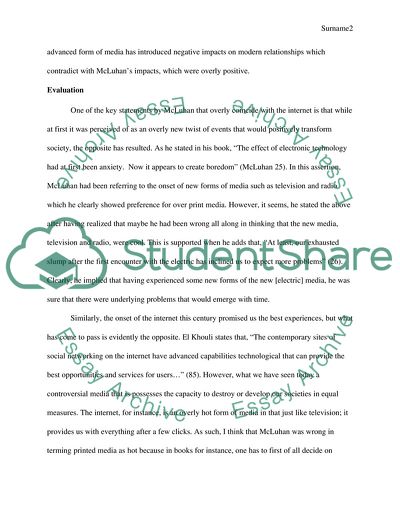Cite this document
(The Internet and Human Relationships Research Paper, n.d.)
The Internet and Human Relationships Research Paper. https://studentshare.org/media/1875114-writers-choice
The Internet and Human Relationships Research Paper. https://studentshare.org/media/1875114-writers-choice
(The Internet and Human Relationships Research Paper)
The Internet and Human Relationships Research Paper. https://studentshare.org/media/1875114-writers-choice.
The Internet and Human Relationships Research Paper. https://studentshare.org/media/1875114-writers-choice.
“The Internet and Human Relationships Research Paper”. https://studentshare.org/media/1875114-writers-choice.


